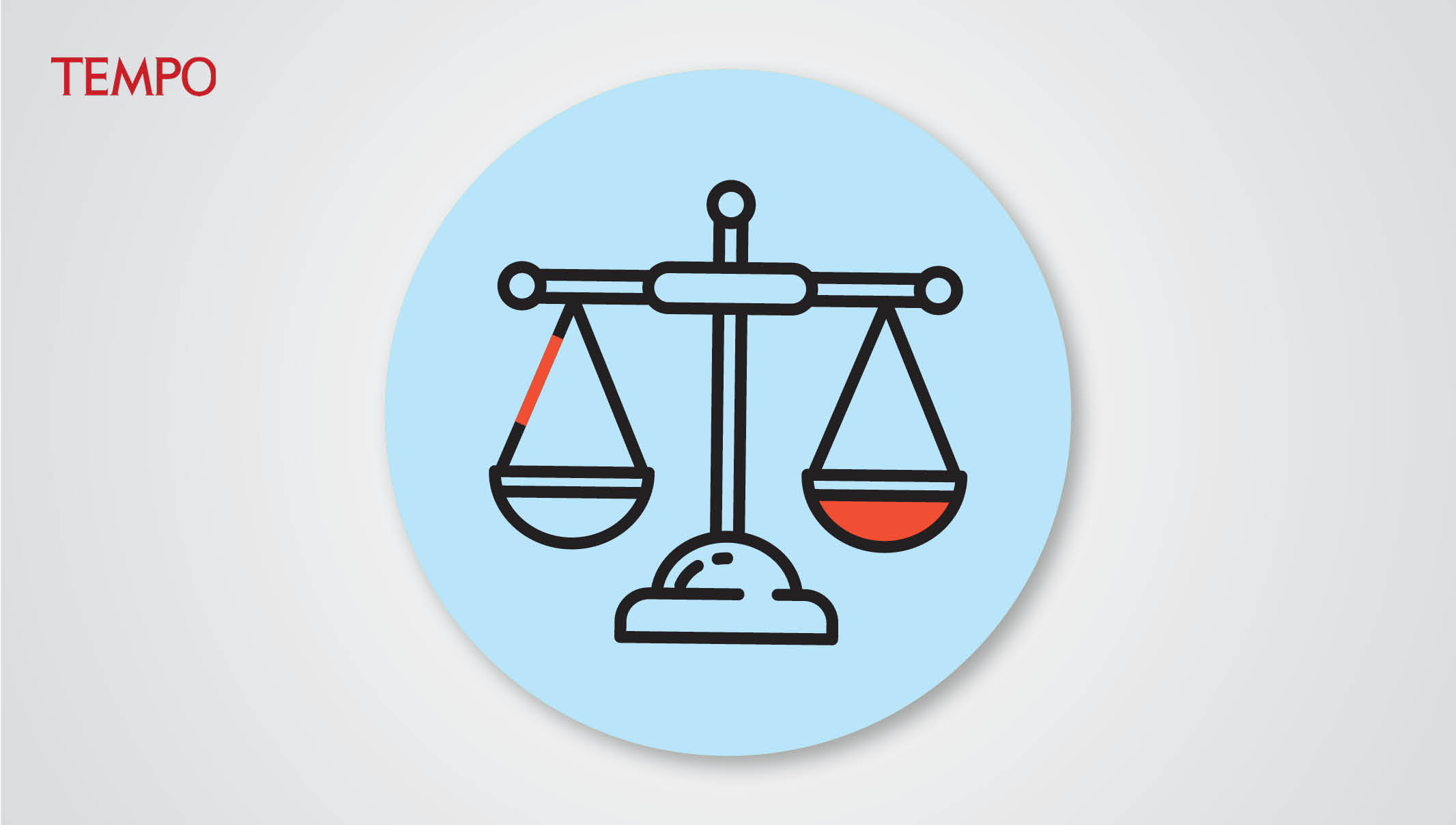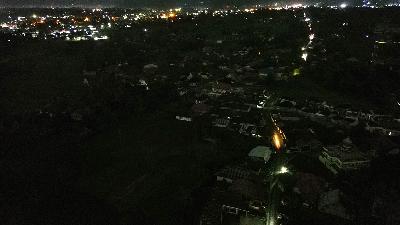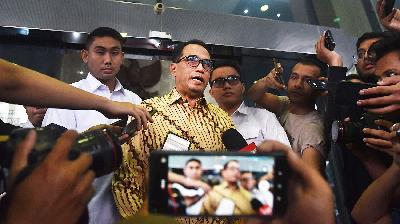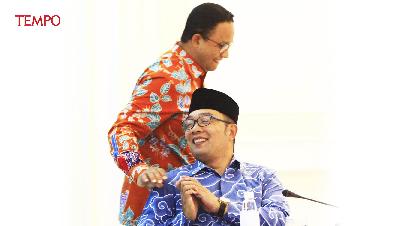Why the Railway Corruption Case Grinds to a Halt
Monday, June 17, 2024
The corruption case at the Directorate-General of Railway fails to implicate any of the big names clearly mentioned in court. The KPK is at death’s door.
arsip tempo : 174688240313.

THE Corruption Eradication Commission (KPK) seems to be at death’s door when investigating the theft of state funds. Its leadership even seems confused about their own investigation into alleged corruption in the Transportation Ministry, particularly in the Directorate-General of Railway (DJKA).
In the past, when other names believed to be involved in a case emerged during a trial, the anti-graft agency immediately followed them up and launched a new investigation. Investigators continued their inquiries until the roles of these other names were uncovered. Now, although a number of suspects testified about the involvement of other people in the alleged corruption at the DJKA, investigators have done nothing.
This case involves, among other people, tycoon Dion Renato Sugiarto. He is alleged to have bribed Bernard Hasibuan, an employee of the Central Java Region Railway Technical Center responsible for drawing up commitments, and Putu Sumarjaya, Head of the Central Java Region Railway Technical Center. The three were put on trial at the Semarang Corruption Court.
Dion Renato is a partner of the Transportation Ministry providing goods and services, and owns a number of companies. He allegedly used these companies to participate in tenders for the supply of goods and services to the DJKA, including to the Central Java Region Railway Technical Center.
In the trial, a witness testified about Minister Budi Karya Sumadi’s role in the appointment of companies to run projects. The owners of these companies are close to people at the very highest level of the government. For example, in the trial in August last year, DJKA Infrastructure Director Harno Trimadi stated that Budi put forward a company owned by Billy Haryanto, or Billy Beras, a businessman from Solo, Central Java.
Another name mentioned to be involved in corruption is businessman Muhammad Suryo. According to the suspect Dion Renato Sugiarto, the businessman is close to Jakarta Metropolitan Police Chief Insp. Gen. Karyoto. At the end of 2023, the KPK said that Suryo had been named a suspect, but his legal status has never been clarified.
Shortcomings by the KPK leadership have been apparent from the way investigators have defied their bosses. According to a number of Tempo sources, investigators already received an order from the KPK leadership to follow up all the testimonies in court, but they refused to carry out this request. The disarray in this investigation is a result of the politicization of cases that has continued since Firli Bahuri became the Chair of KPK in 2019.
The unraveling of this case cannot be separated from the dispute between Firli and Karyoto. When Jakarta Metro Police named Firli a suspect over the alleged extortion of former Agriculture Minister Syahrul Yasin Limpo, a case which has still not made any progress, the KPK raised the status of the DJKA case to the investigation level. Firli also accused Karyoto, previously KPK Enforcement Deputy, of intervening in the case.
All this provides further evidence of all the damage done to the KPK by the revisions to the Corruption Eradication Commission Law made by the administration of Joko Widodo in 2019. Since then, the KPK is frequently used as a means of putting pressure on political opponents. And its leadership also uses investigations as a way of holding people hostage. With this state of affairs, it is impossible to follow up investigations into corruption cases, including that at the DJKA.











